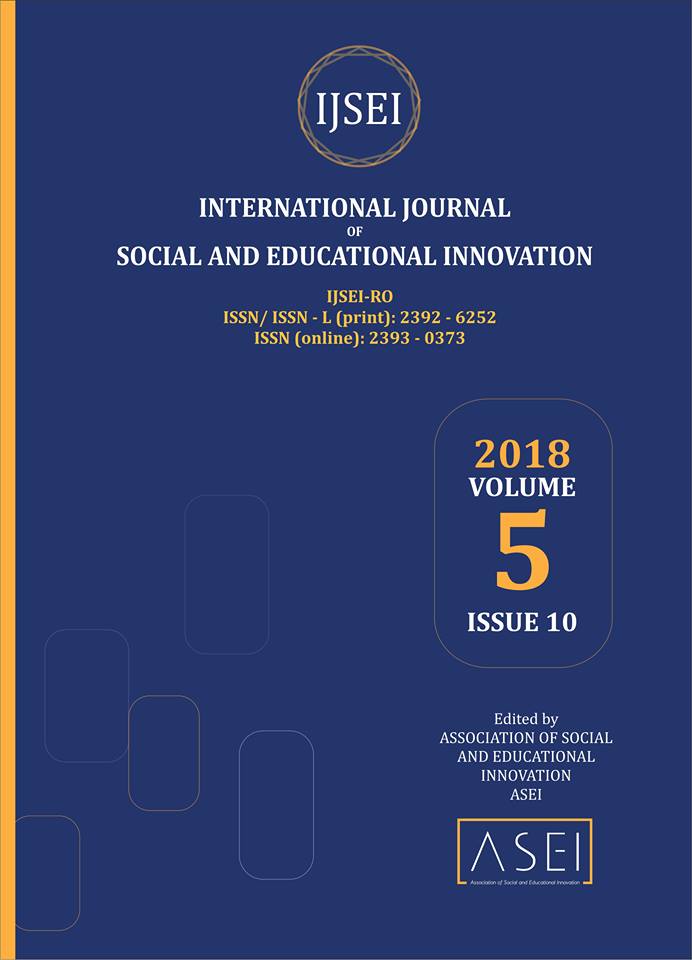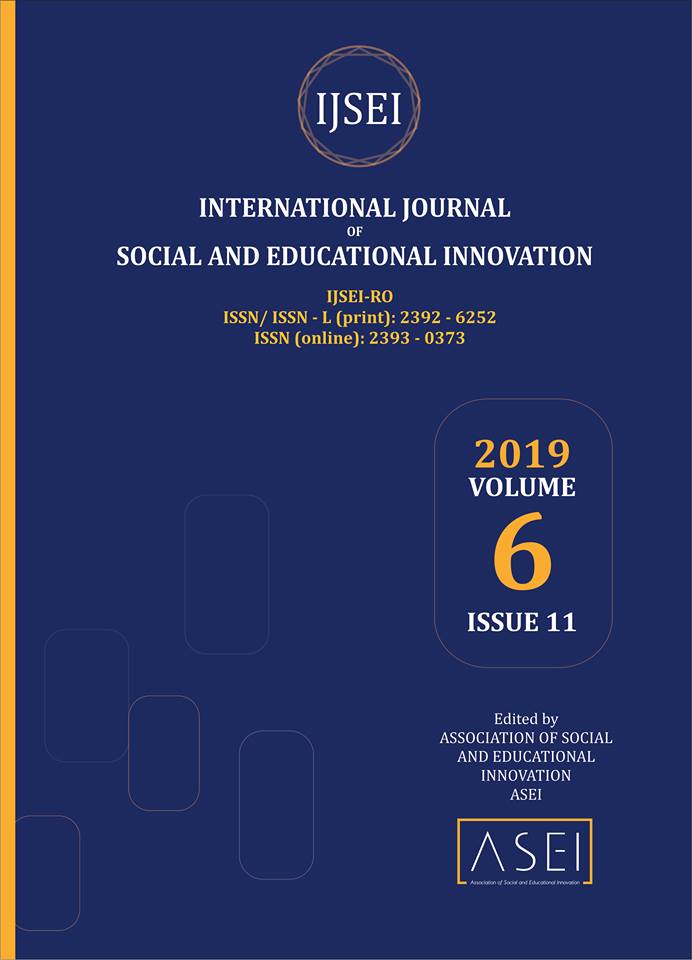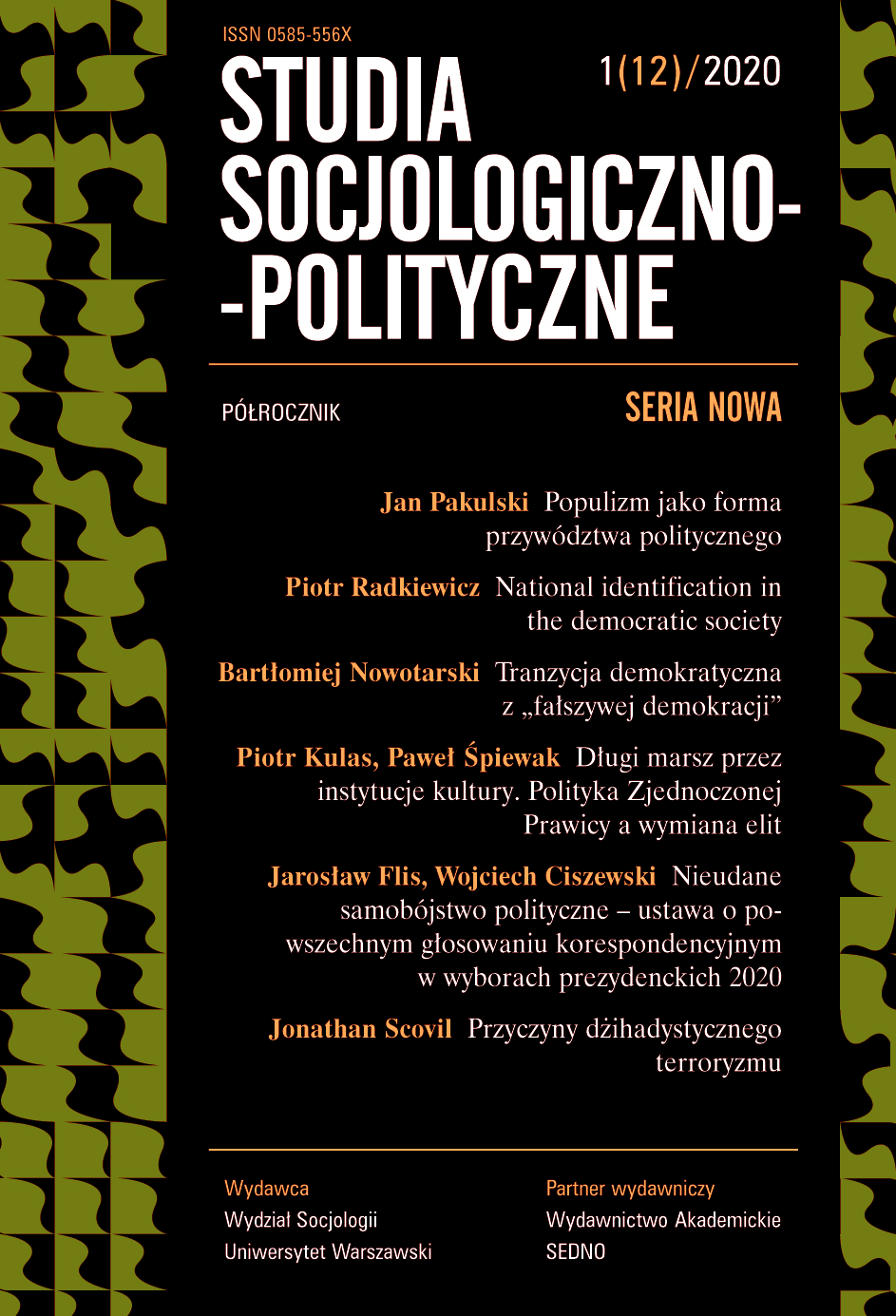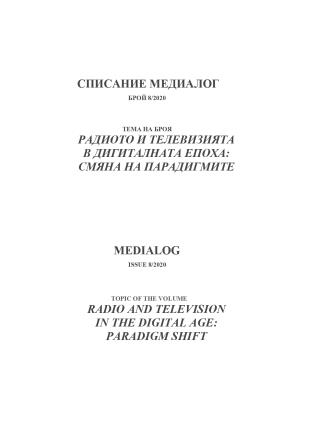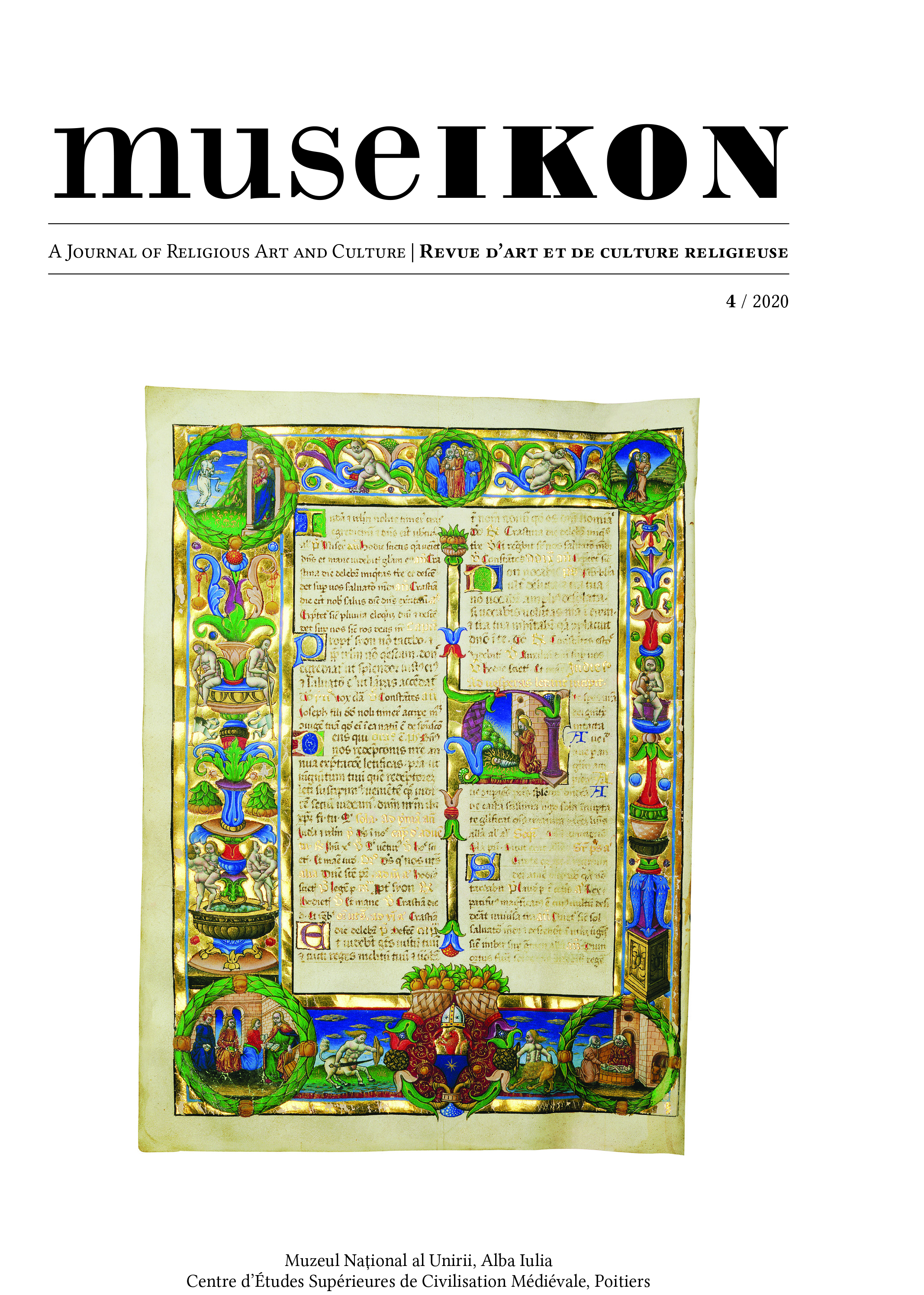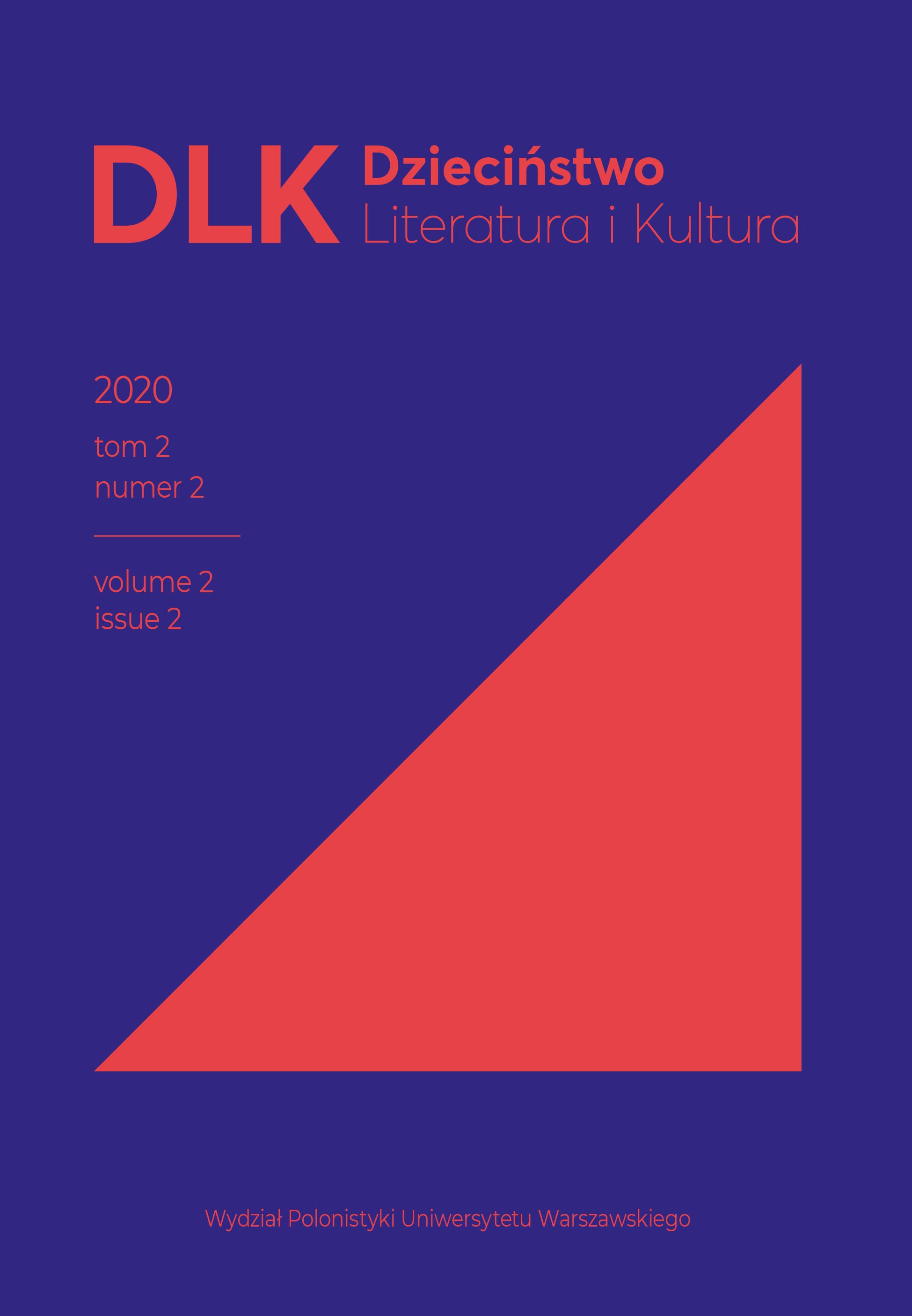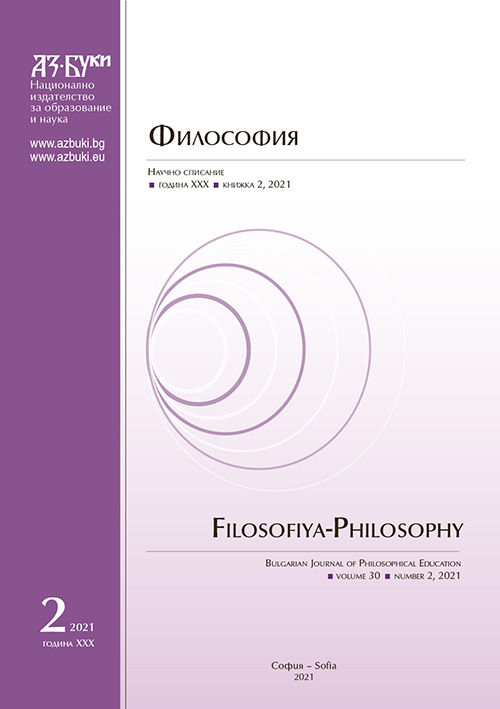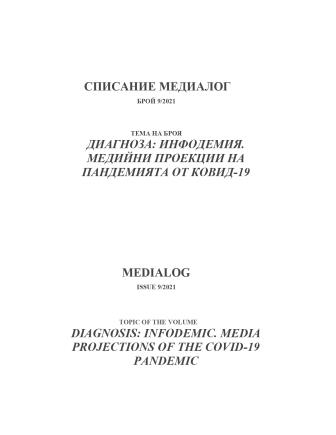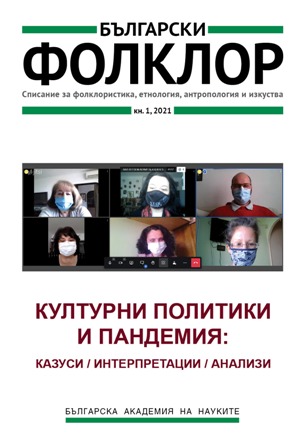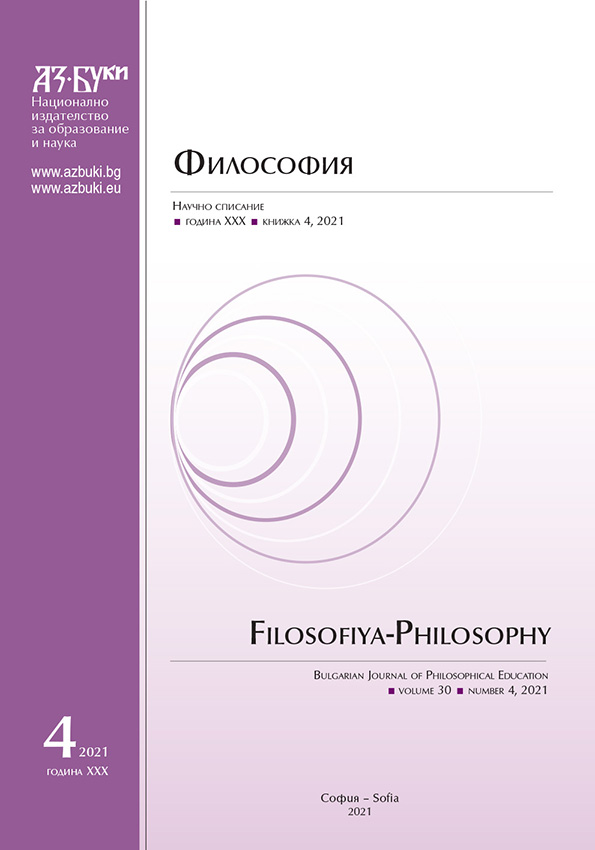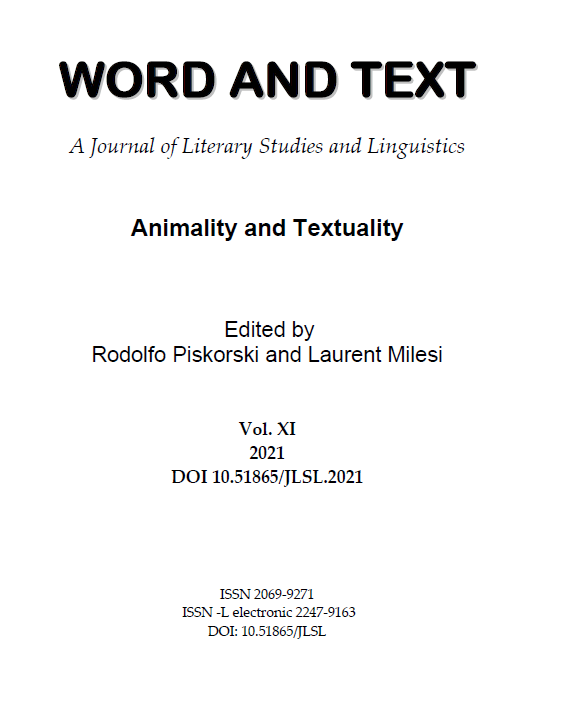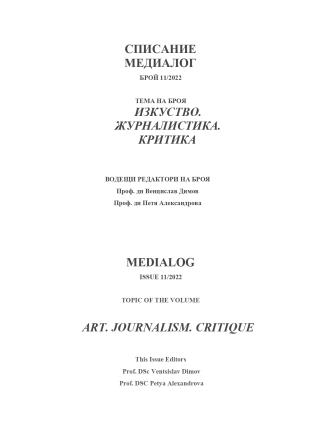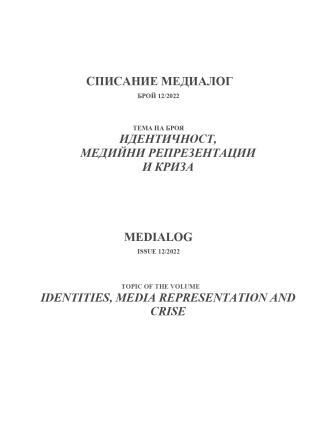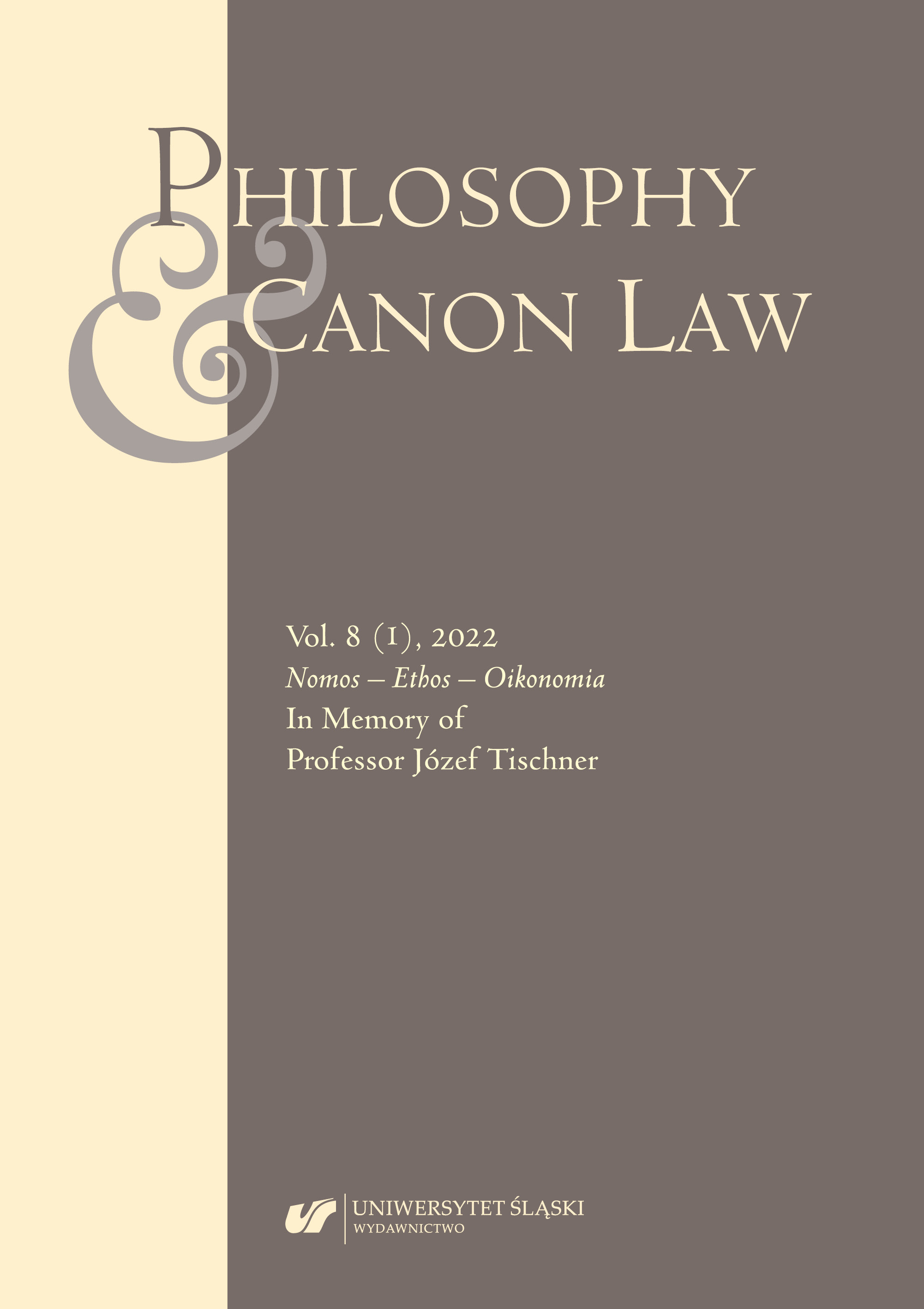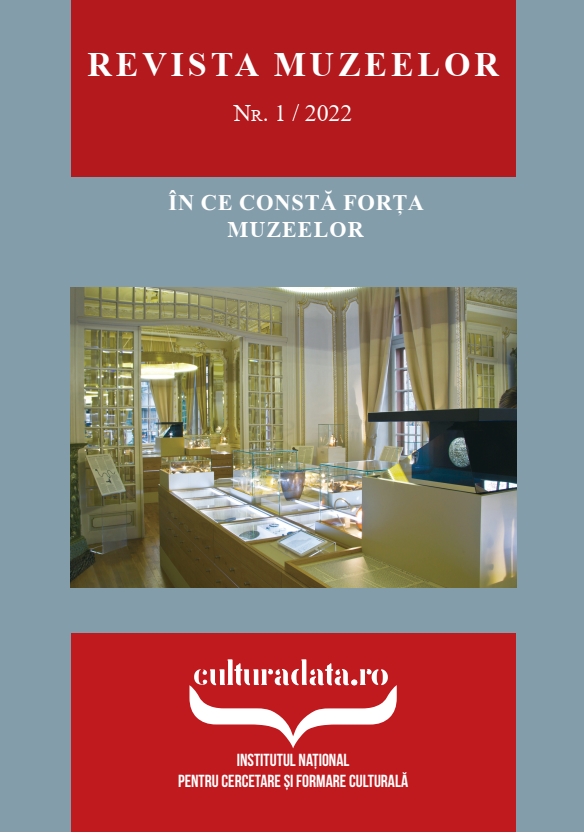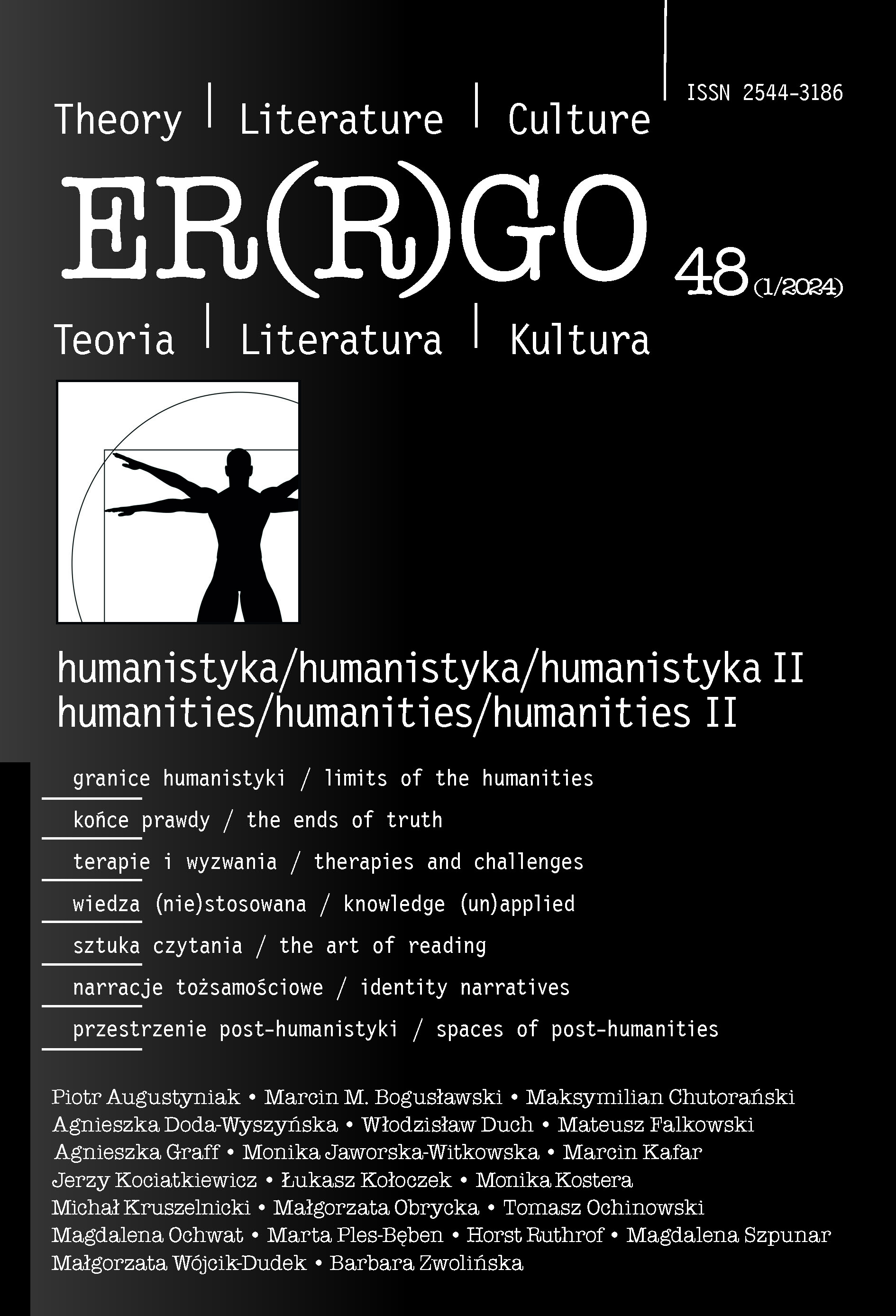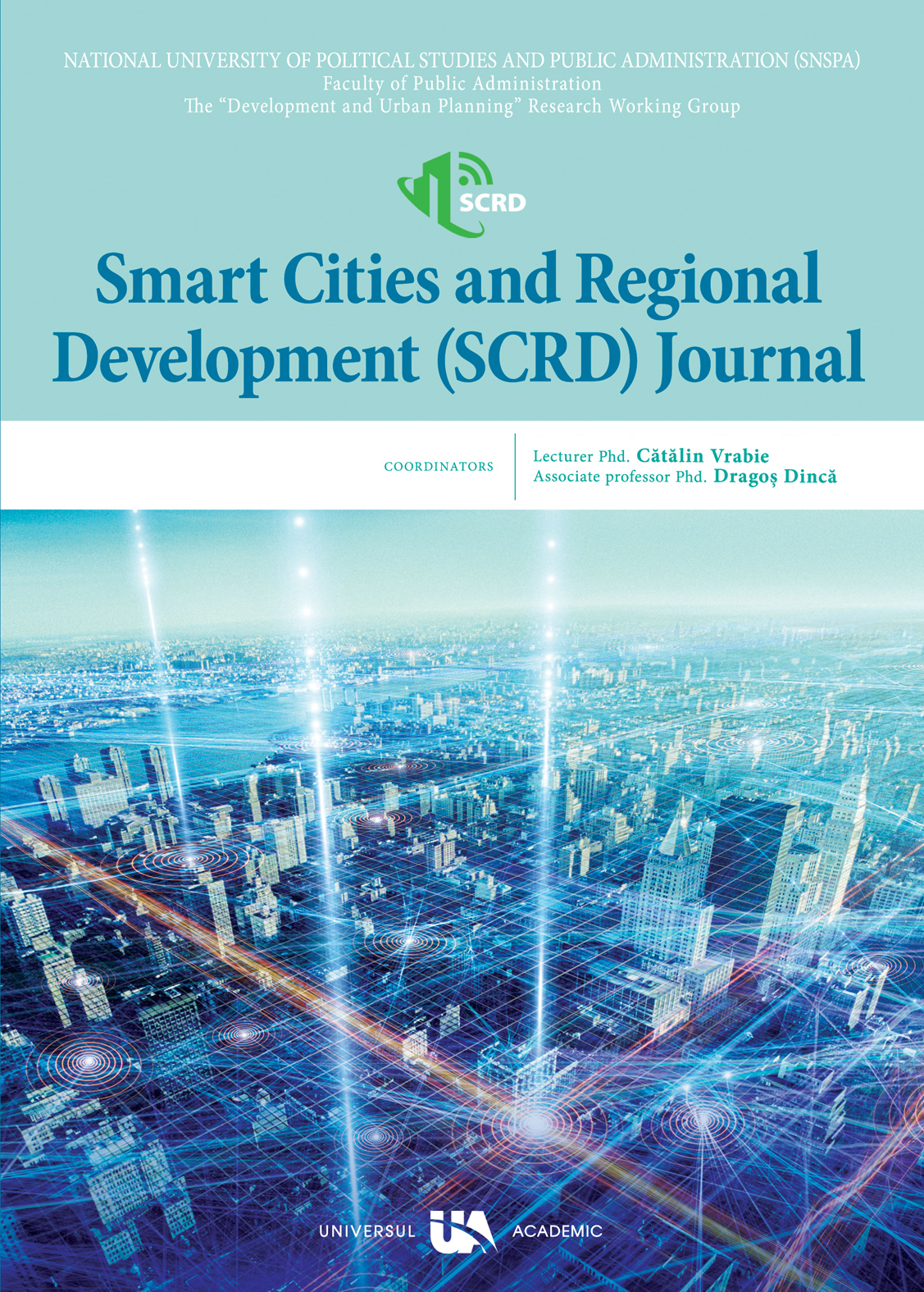
Selected national approaches for achieving global standards in public administration
The new reality of modern world places greater pressure on governments to put in place effective programs for education and training of public administrators. Indeed, this is the way to achieve greater excellence in public administration education and training, which has a main purpose to provide public administrators with the competencies and capacities to contribute to the improvement of the quality of life. This context outlines the focus of the article to examines and provide interesting insights into various national approaches for the delivery of public administration education and training from selected countries in the Americas and Europe. These countries have been chosen basically for two reasons; first, they represent traditional practice in their regions and second, they have excellent programs in public administration education and training for which they have had no major difficulties in seeking to reach the international standards of excellence in public administration education and training.
More...
